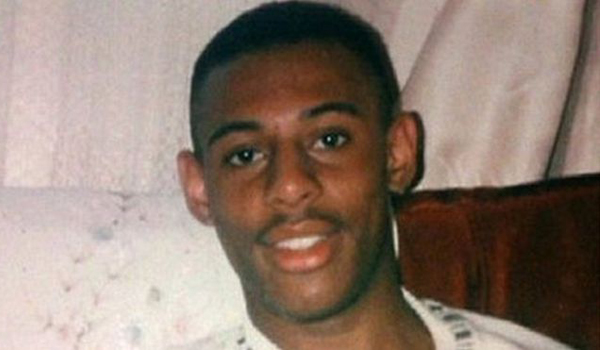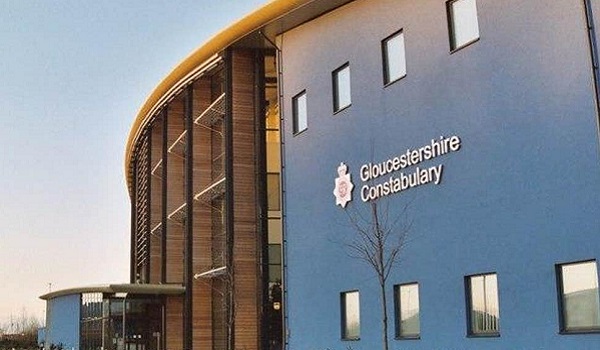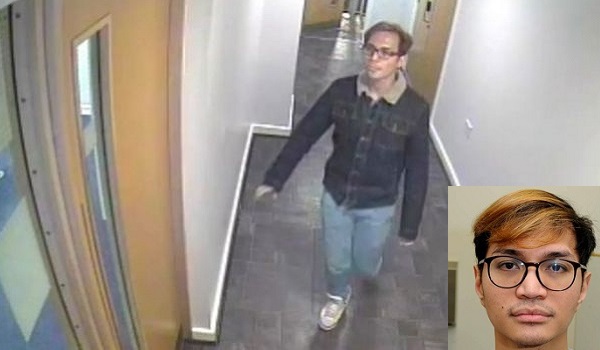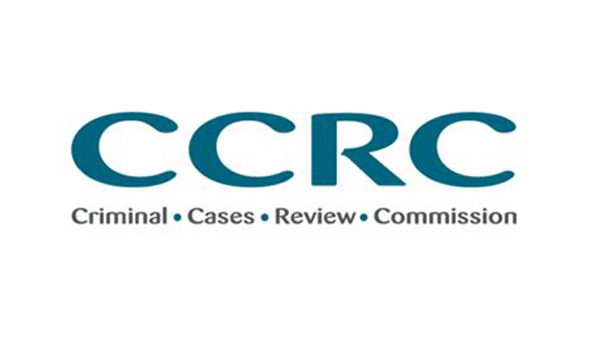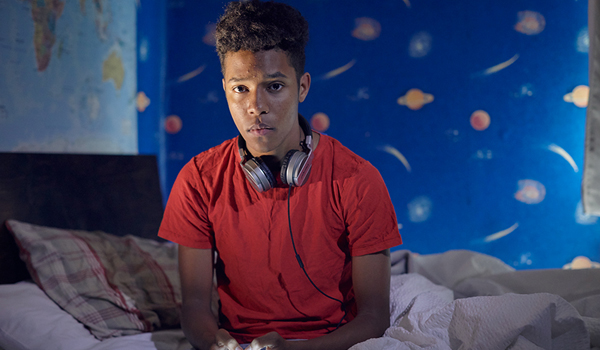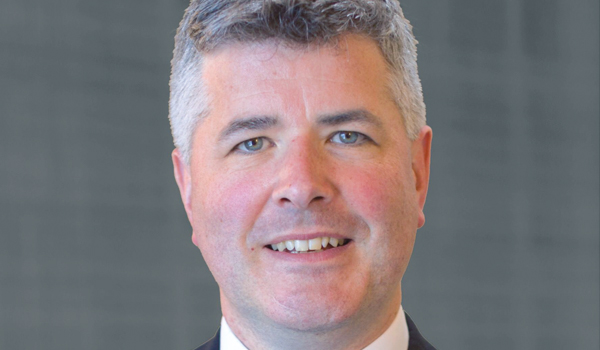Post Stephen Lawrence, 'can we look in the mirror and say we have done enough?
Chief constables have been challenged to address racial disparity more effectively to avoid “another iconic tragedy” stemming progress as policing begins the next stage of its recovery journey from the Stephen Lawrence legacy failings.
Fundamental questions remain on its effectiveness to deal with diversity, the adequacy of the workforce community representation and overall understanding of the race issue, National Police Chiefs’ Council race and religion lead Jon Boutcher has warned.
A generation has passed since the murder of the black London teenager but forces have been “too slow” to improve their record, which has undermined their legitimacy and threatened policing by consent, says the Bedfordshire Police chief constable.
He argues that in his 34 years of policing, the service has never “truly represented the public fully”, failing to appeal to the “diverse communities anywhere near as much as we should”.
At the current rate of progress, “it will take decades to end the racial disparity”, he admits. The biggest race gap is in London, where just 13 per cent of the Metropolitan Police Service is from an ethnic minority compared to 43 per cent of the population.
Mr Boutcher, who has taken his own force from the third lowest for BME officers nationally to one of the most representative, said great, innovative work had been done by MPS Commissioners Cressida Dick and her predecessor Sir Bernard Hogan-Howe, and he is “full of optimism” for the future.
He said: “We have pushed against a door that was shut. We are trying to increase representation. Everyone says it will happen, but it doesn’t happen on its own.”
In his own force, he has personally driven the recruitment process with the proportion of black and minority ethnic officers doubling during his time in charge, from 5.6 per cent to 10.5 per cent representation, compared to 23 per cent of the local communities. Last year the force recruited 190 new officers; 51 of these (27 per cent) indicated they were BME.
He added: “The problem with a diverse community is it has no connection with the service. When applying, they don’t have any role models to ask and as a consequence how to fill in the forms.
“It’s an intimidating process. We need to make it less so.”
He believes there is a need to identify diversity through representation, retention of officers and allowing for progression but while work is being done across the country sharing good practice on making improvements, the pace of change could be faster.
As policing reflects on the 25th anniversary of Stephen Lawrence’s murder, he asks: “Can we look in the mirror and say we have done enough. Have we stepped outside our comfort zone? No, we haven’t done enough.”
Thanks to Stephen Lawrence “we have made progress” in advancing diversity, he maintains, accepting “it is not just a policing issue, this is a societal issue.”
Having written to all chief officers in England and Wales asking for reflections on progress over the past 25 years since the Lawrence murder, he told <I>Police Professional</i>: “I think it’s about commitment at a senior leadership level. I don’t accept that everything has been done.
“This is challenging to policing and we need to ensure we are championing the advance of all differences – but race is a priority.”
The Stephen Lawrence murder inquiry left the MPS labelled as “institutionally racist”. Whether it remains the case in 2018 is “not a judgment I can make,” he added.
“What matters most is the community perception of whether policing is institutionally racist. We must do everything possible to avoid another iconic tragedy that stems our progress,” said Mr Boutcher who still trumpets policing as “the most wonderful job in the world . . . meeting the very best and very worst” in society.
He said policing had seen equality advances for women with 29 per cent service representation now, adding: “We have got to make sure we give the same priority with race.
“We can do more. We will do more.”
The Government line is that forces are “more representative than ever, but nowhere near where they need to be” as Nick Hurd told MPs that “huge importance” is being placed on police leaders working together to implement a national diversity strategy.
Last week the Policing and Fire Services Minister, answering an oral question from MP Alan Mak, said the Home Office is striving for the service to become “increasingly representative of the communities” it serves.
Making the police workforces more representative of the communities they serve is a key cornerstone of the police and crime commissioners (PCCs) and NPCC Policing Vision 2025 – with a November summit targeting discussing plans to “eliminate discrimination and advance equality of opportunity”.
PCCs have praised the “tireless” campaigning of Stephen’s parents, Doreen and Neville Lawrence, and the Macpherson Report for setting the country on an “important learning process”.
Reflecting on how far policing has come since 1993, APCC Equality, Diversity and Human Rights’ leads David Munro and Hardyal Dhindsa cited the 1999 Macpherson recommendations as helping empower victims to feel confident that when they report racist crimes and incidents to the police, they will be taken seriously.
“It also paved the way for developing how the police respond to hate crimes affecting other communities,” the association joint statement said.
The report has contributed to improving the way crime victims and their families are supported by the police as well as the criminal justice system.
“We must keep challenging ourselves to improve and ensure forces are more representative of the communities they serve, and that police officers treat all those they serve equally, with compassion and respect,” said Surrey PCC Mr Munro and his Derbyshire colleague, Mr Dhindsa.
“Only through doing so, can policing maintain its legitimacy in the eyes of all communities.”
Avon and Somerset Constabulary, one of three forces singled out for praise by National Black Police Association President Tola Munro, believes that being “fully encompassing of all our communities, both reflective and responsive to their needs” is key to achieving results in terms of diversity.
“It is an important foundation for a strong, healthy police force which is truly representative of all our communities,” Kristian Harris, from the force’s Representative Workforce Team told <i>Police Professional</i>.


